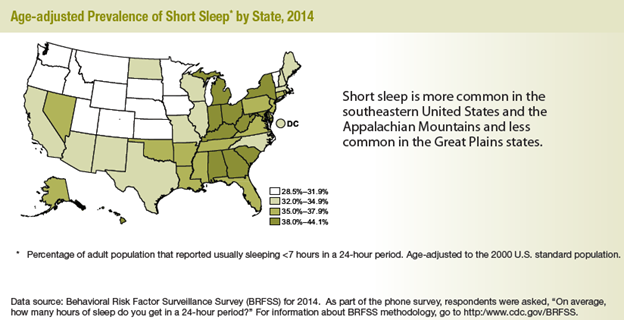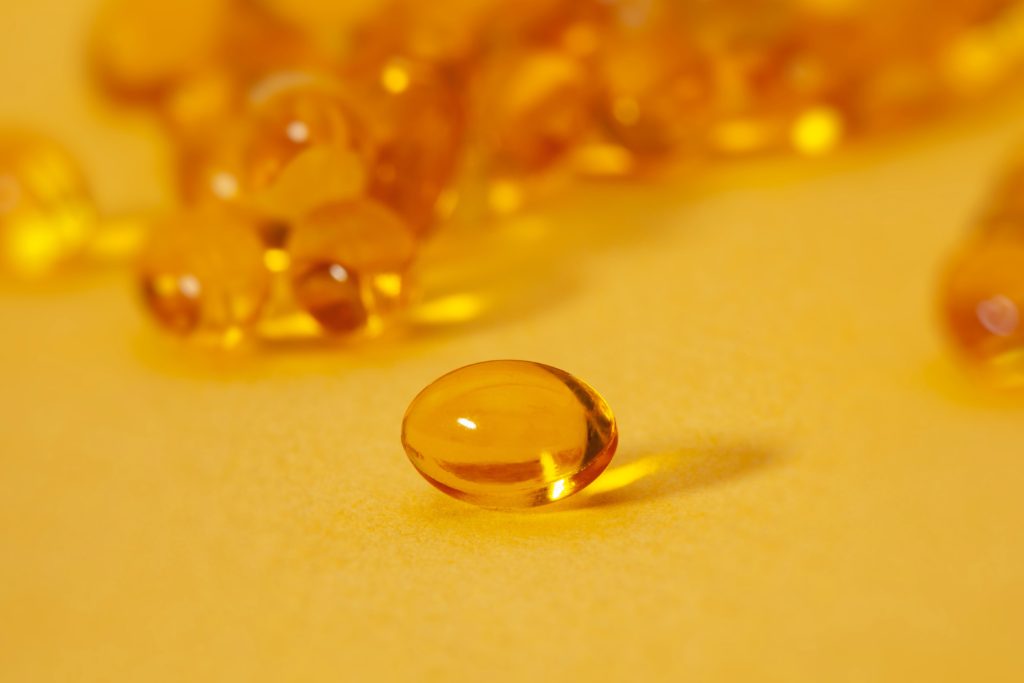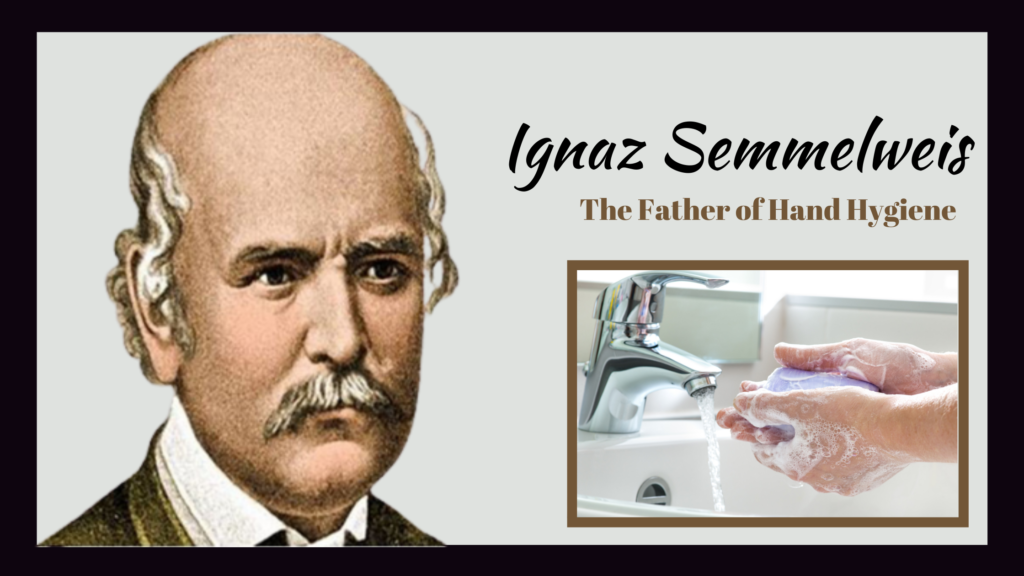The weather is getting colder, and the days are getting darker, and with the change in season comes the increase in cold, flu and other illness. You might be wondering what you can d to stay healthy, especially within the context of our current pandemic. For some people, the flu shot is an annual tradition. Others may opt for immune globulin injections to boost their immune system. However, it is important to remember that good ole sleep is essential for maintaining optimal health. With our busy, hectic modern lifestyles, it might be tempting to forego sleep here and there in the interests of “doing all the things”, but routinely getting enough sleep is one of the best antiviral strategies there is.
Sleep is Essential for Good Health
Sleep is one of the key pillars of good health, along with diet and exercise. Yet, in our modern lifestyle, it is almost seen as a badge of honor to be busy and sleep-deprived. The CDC reports that over a third of U.S. adults do not get enough sleep.

How Much Sleep Do You Need?
While there is variation from person to person on how much sleep is required for optimal health, the consensus seems to be that adults should get between 7-9 hours per night.1 Short sleep duration (less than 6 hours of sleep per night) is associated with increased all-cause mortality, high blood pressure, cardiovascular disease, stroke, diabetes mellitus, obesity, depression2 as well as increased injuries and impaired decision-making.3 In addition, sleep deprivation has a profound effect on immune function, including antiviral defense.
Lack of Sleep Reduces Immune Function
During normal nocturnal sleep and circadian rhythm, blood levels of cortisol, epinephrine and norepinephrine are decreased, while growth hormone, prolactin and melatonin are increased.4 What this means is that during normal sleep, the stress pathways like the hypothalamic-pituitary-adrenal (HPA) axis and the sympathetic nervous system (SNS) are more active, while pathways promoting sleep and tissue repair are less active. However, when sleep is disrupted on a regular basis, the body has a stress response, and the HPA and SNS pathways are turned up, and more cortisol, epinephrine, and norepinephrine (aka adrenaline) are released. Cortisol affects immune function by suppressing antiviral responses at the gene transcription level. This means that fewer proteins involved in fighting viral infection are made.
Natural killer (NK) cells are one of the first lines of defense against viral pathogens and tumor cells. However, with sleep deprivation, the number of natural killer (NK) cells and the amount of their activity is reduced. This appears to be caused by increased levels of SNS activity, namely increased levels of epinephrine and norepinephrine.5
Those are just two examples of how the immune system is less able to fight viral infection after lack of sleep. In short, the immune system is very active at nighttime, and to get the most benefit, it is important to get a full night of sleep on a regular basis. There are many people who are sleep-deprived because they suffer from insomnia, and that’s a whole different discussion. But for people who are sleep-deprived due to lifestyle choices like overextending themselves or using technology in excess – particularly at nighttime, it might be worth re-prioritizing sleep. It may just help you fight off a cold or flu!
REFERENCES:
1. Chaput JP, Dutil C, Sampasa-Kanyinga H. Sleeping hours: What is the ideal number and how does age impact this? Nat Sci Sleep. 2018;10:421-430. doi:10.2147/NSS.S163071
2. Itani O, Jike M, Watanabe N, Kaneita Y. Short sleep duration and health outcomes: a systematic review, meta-analysis, and meta-regression. Sleep Med. 2017;32(2017):246-256. doi:10.1016/j.sleep.2016.08.006
3. Chattu VK, Sakhamuri SM, Kumar R, Spence DW, BaHammam AS, Pandi-Perumal SR. Insufficient sleep syndrome: Is it time to classify it as a major noncommunicable disease? Sleep Sci. 2018;11(2):57-64. doi:10.5935/1984-0063.20180013
4. Irwin MR. Why Sleep Is Important for Health: A Psychoneuroimmunology Perspective. Annu Rev Psychol. 2016;(66):143-172. doi:10.1146/annurev-psych-010213-115205
5. De Lorenzo BHP, de Oliveira Marchioro L, Greco CR, Suchecki D. Sleep-deprivation reduces NK cell number and function mediated by β-adrenergic signalling. Psychoneuroendocrinology. 2015;57:134-143. doi:10.1016/j.psyneuen.2015.04.006
Similar articles:
Is Elderberry Safe in COVID-19
Vitamin D and COVID-19 – Are Low Levels a Risk?



